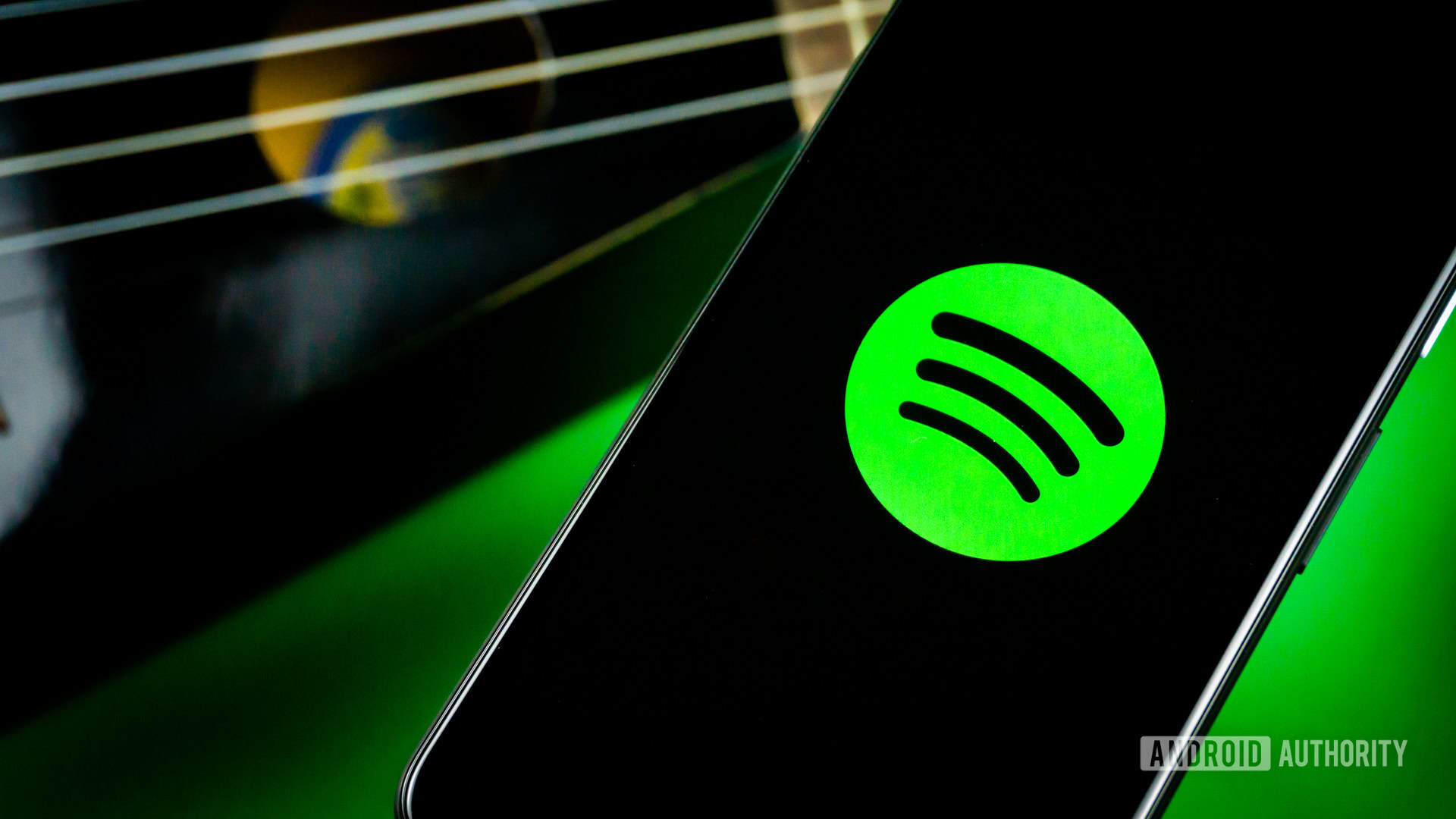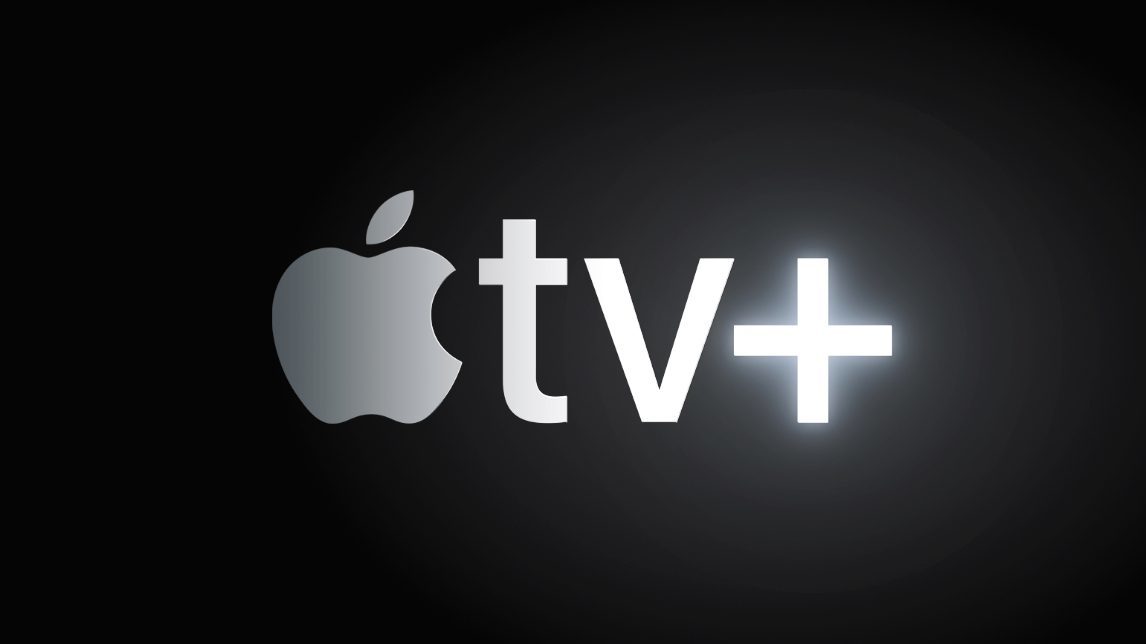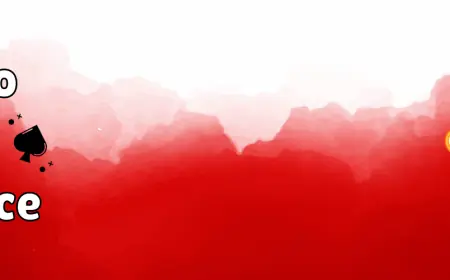How to Successfully Monetize Your Music in the Digital Era
In today’s rapidly evolving music industry, independent musicians have unparalleled opportunities to monetize their creations. With the rise of digital platforms, artists no longer need to rely solely on record labels to reach audiences or generate income. By strategically using online tools and services, musicians can expand their reach, build a loyal fanbase, and create sustainable revenue streams. This article delves into essential strategies and platforms to help you succeed.
Understanding the Power of Digital Platforms
The internet has transformed music consumption. Streaming services, social media platforms, and digital storefronts enable musicians to showcase their work globally. However, success depends on a structured approach to maximize these opportunities. One vital tool in this journey is Tidal, a music streaming platform that prioritizes artist visibility and compensation. The tidal artist search feature, for example, helps fans discover your music, creating opportunities for growth and engagement.
Getting Started on iTunes
iTunes has long been a critical platform for artists looking to sell and promote their music. Its vast audience base and reputation for high-quality content make it a top choice for independent musicians. If you’re new to the platform, you may ask, how do I get my music on iTunes? The process is straightforward but requires careful attention to details like metadata, file formatting, and cover art. With proper execution, your music can reach millions of listeners.
One of the significant advantages of iTunes is the ability to sell your music directly to fans. Knowing how to sell songs on iTunes not only ensures that your music is accessible but also provides a stable revenue stream. Pairing this with promotional efforts such as email campaigns and social media ads can increase sales and engagement.
Expanding Your Reach on Spotify
Spotify remains the leader in music streaming, offering artists unparalleled access to a global audience. The platform's user-friendly interface and playlist culture make it a go-to for music discovery. If you’re wondering, how do I upload my music to Spotify, the answer lies in partnering with a reliable digital distributor. These distributors act as intermediaries, ensuring your tracks meet Spotify's technical requirements and reach the platform efficiently.
In addition to uploading your music, understanding Spotify’s analytics tools is crucial. Insights into listener demographics, locations, and preferences allow you to tailor your promotions and grow your audience effectively.
Why You Need Digital Music Distributors
For independent musicians, digital music distributors are invaluable. These services handle the technical and logistical aspects of getting your music onto platforms like iTunes, Spotify, and Tidal. Digital music distributors simplify the process, allowing artists to focus on what they do best: creating music.
Some of the benefits of using digital distributors include:
- Wide Reach: Distributors connect your music to multiple platforms simultaneously.
- Royalty Collection: They ensure you receive royalties for every stream or sale.
- Efficiency: Their streamlined processes save time and effort.
When choosing a distributor, consider factors like pricing, platform compatibility, and additional services like marketing support.
Creating a Multi-Platform Presence
Success in the digital music world often depends on your ability to maintain a presence on multiple platforms. While it’s tempting to focus on one platform, diversification reduces risk and increases your chances of reaching new listeners. For example, pairing your iTunes sales efforts with a presence on Spotify and Tidal ensures that fans can access your music on their preferred platform.
Social media also plays a critical role in promoting your music. Regularly engaging with fans, sharing behind-the-scenes content, and announcing new releases keep your audience invested in your journey. Pairing social media campaigns with platform-specific strategies creates a cohesive and effective promotional plan.
Tips for Maximizing Revenue
-
Optimize Your Metadata: Metadata plays a crucial role in music discovery. Ensure your song titles, artist names, and genre classifications are accurate and consistent across platforms.
-
Leverage Playlists: Securing a spot on popular playlists, especially on Spotify, can significantly boost your streams and visibility.
-
Collaborate with Other Artists: Joint projects and features expose your music to another artist’s audience, creating mutual benefits.
-
Merchandising: Pairing your digital music with physical products like T-shirts, vinyl, or posters can diversify your income streams.
-
Live Performances: Use platforms like YouTube or Instagram Live to host virtual concerts, encouraging tips and donations from fans.
Building a Strong Brand
Your music is your product, but your brand is the story that surrounds it. A strong brand identity helps fans connect with you on a personal level, turning casual listeners into loyal supporters. Invest time in crafting a consistent aesthetic, from album artwork to social media visuals, and ensure your messaging aligns with your artistic vision.
Overcoming Challenges as an Independent Artist
While the digital era offers many opportunities, it also comes with challenges. Competition is fierce, making it essential to stand out. Consistent content creation, audience engagement, and a willingness to adapt are vital traits for success.
Technical hurdles, such as understanding the ins and outs of platforms like iTunes and Spotify, can also be daunting. Fortunately, resources like the tidal artist search, guides on how to sell songs on iTunes, and reliable digital music distributors are readily available to simplify the process.
Conclusion
Monetizing your music in the digital era is both an art and a science. By utilizing tools like the tidal artist search, mastering how to get your music on iTunes, and understanding how to upload music to Spotify, you can build a sustainable career as an independent musician. Combine these efforts with the support of digital music distributors, and you'll be well on your way to achieving your goals.
The key is to stay proactive, experiment with new strategies, and consistently engage with your audience. Are you ready to take the next step in your music career? Share your experiences and challenges in the comments below!
What's Your Reaction?
 Like
0
Like
0
 Dislike
0
Dislike
0
 Love
0
Love
0
 Funny
0
Funny
0
 Angry
0
Angry
0
 Sad
0
Sad
0
 Wow
0
Wow
0
Related Posts
How to Play a Game and Win Real Money
nicks Nov 30, -0001 0
Life is dynamic
Emuria Jan 24, 2021 0
The 8 Secrets To Marketing Success With TikTok in 2020
JoriPress Jul 31, 2020 1






















































